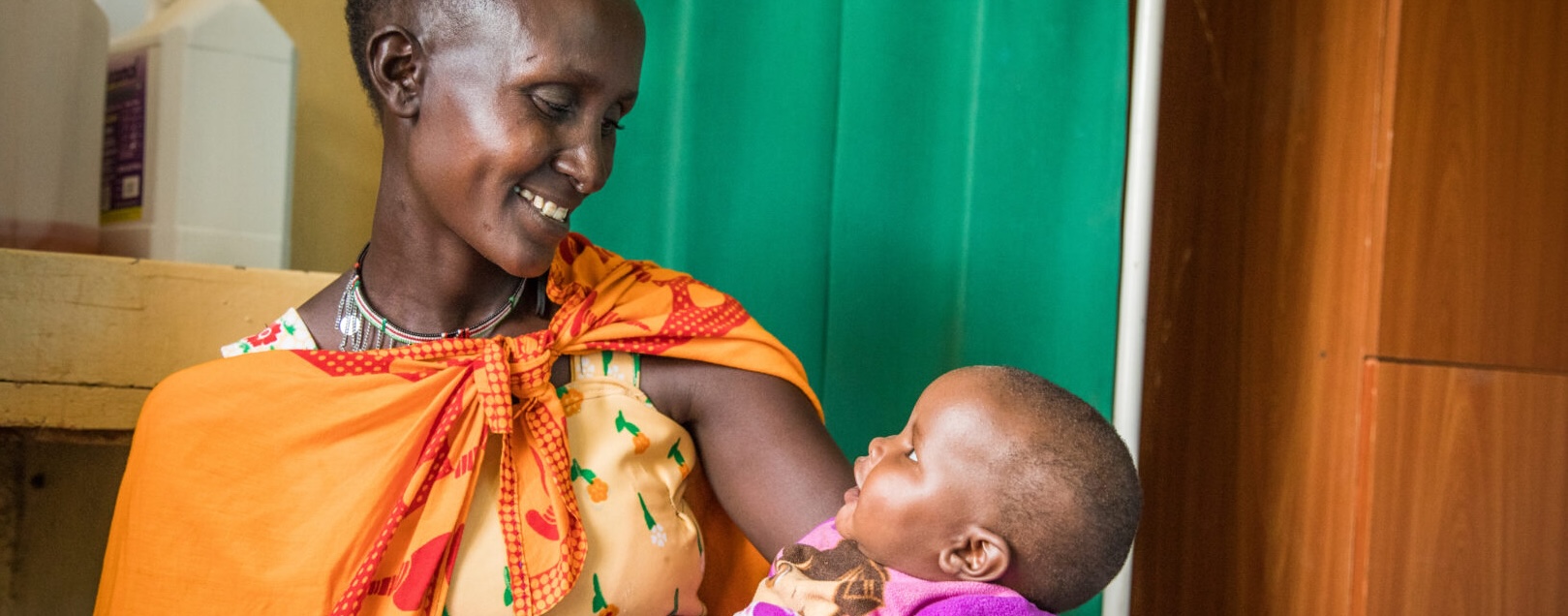I want to share a staggering statistic with you: UNICEF estimates that more than 1 billion women and adolescent girls suffer from malnutrition, including anemia. For those who become pregnant, consistent access to nourishing foods is critical. When pregnant women don’t get the nutrients they need, they can face life-threatening complications such as pre-eclampsia and postpartum hemorrhage. Malnourished mothers also are at higher risk of delivering preterm, stillborn, or low-birth-weight babies.
The good news is that there is a low-cost way to help expectant mothers stay healthier throughout pregnancy and decrease risks for their baby. It’s something that most women in the world are recommended to take—a comprehensive prenatal vitamin. But those can be expensive and are not accessible to women everywhere.
The solution? Multiple micronutrient supplements, or MMS.
MMS are high-quality prenatal vitamins designed to specifically address micronutrient deficiencies that can occur in places that lack consistent access to nourishing foods. They contain 15 essential vitamins and minerals, including iron and folic acid. More than 20 years of research has proven that when compared to the standard iron-folic acid supplements typically given to pregnant women in low- and middle-income countries, MMS are more effective.
At only $2.60 for an entire pregnancy, these supplements are a low-cost, high-impact intervention that is proven to reduce risks to moms and babies in under-resourced settings.
However, too many countries have yet to roll out MMS due to competing budget priorities, supply chain disruptions, and lack of healthcare worker training. Recent foreign aid cuts have reduced funding to or eliminated programs equipped to distribute health supplies.
At Gates Philanthropy Partners (GPP), we are funding alongside the Gates Foundation to support SOS Médecins and a consortium of frontline partners to launch MMS delivery in Burkina Faso. This partnership aims to reach approximately 134,000 pregnant women across six health districts by 2026.
But the impact goes beyond individual pregnancies. SOS Médecins and its partners are working with Burkina Faso’s Ministry of Health to develop policies, training programs, and delivery systems that can be scaled across the entire country. They’re also coordinating with UNICEF and the World Bank to make sure supplies are budgeted for and systems are set up for distribution.
The SOS Médecins project exemplifies the collaborative approach that drives GPP’s work. By partnering with the Gates Foundation and connecting with broader initiatives like the Child Nutrition Fund—a partnership of donors managed by UNICEF that invests in reducing malnutrition in women and children—we’re able to leverage resources and expertise to maximize impact.
Every mother deserves to approach pregnancy with confidence, knowing she has access to the nutrition and care she needs. Every baby deserves the best possible start in life. By funding organizations like SOS Médecins, we’re working to make that vision a reality.
Join us in this work to improve maternal and child health through proven, cost-effective interventions.
If you have questions about ways to partner with us, please contact us at [email protected].

